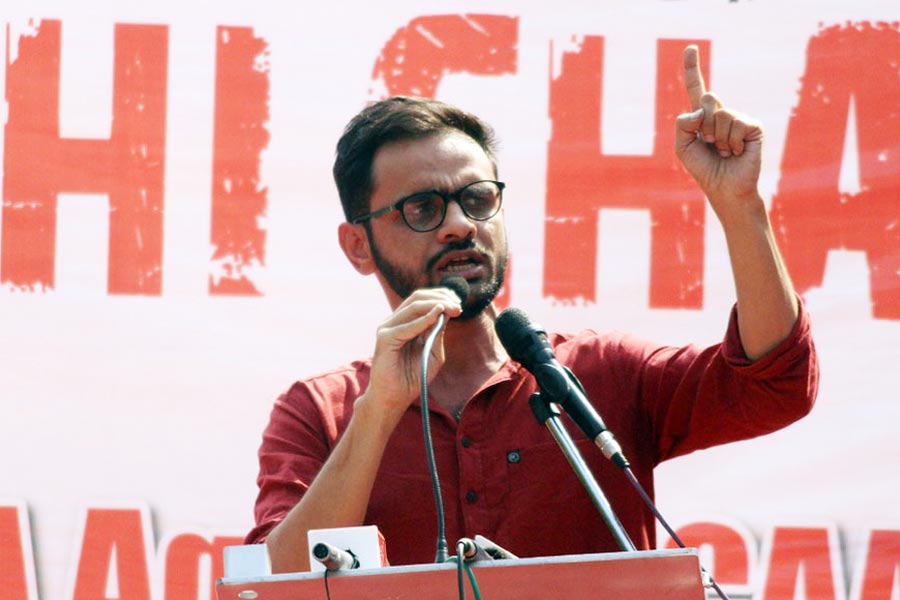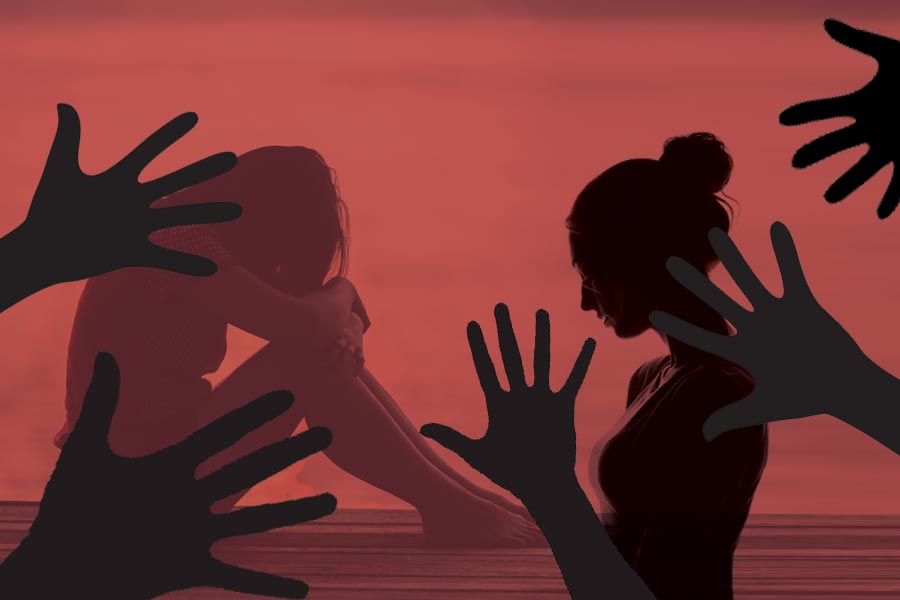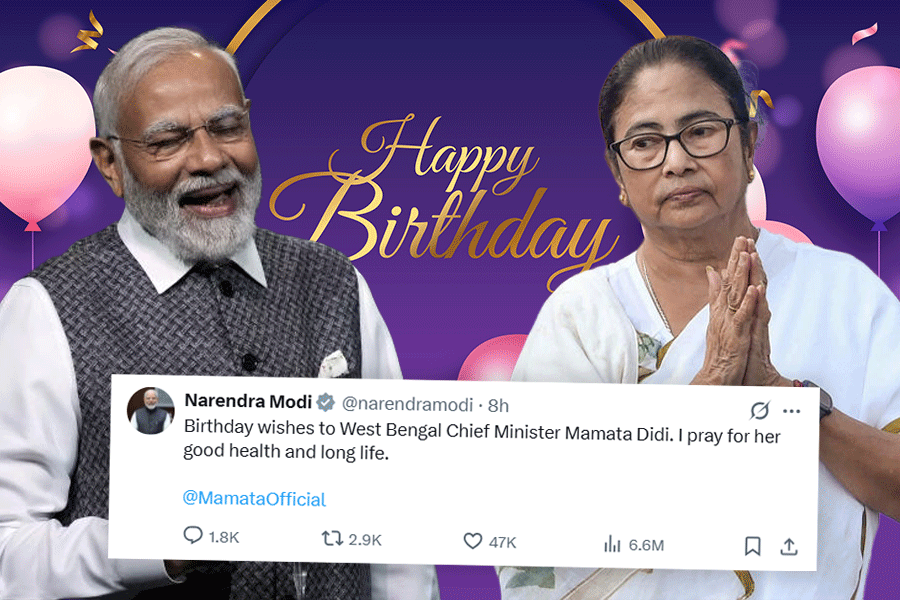Slavery is alive and kicking; some of its forms are so banal that they ask to be taken for granted. That invests with irony the title of a recent report, My Body is My Own, published by the United Nations Population Fund from a survey of women’s power in developing countries to make decisions regarding their bodies. The findings, called “alarming”, show that of the 57 countries surveyed, 45 per cent of women and girls cannot decide on contraception, healthcare and whether or not to have sex with their partners. That is overall. The regions differ — in central and south Asia, less than 50 per cent of women have agency over their bodies, although in other parts of the same continent 76 per cent women are empowered in this sphere. India falls in the less-than-50 per cent category according to its location, although it is not one of the 57 countries surveyed. Pakistan, Nepal and the Maldives among India’s neighbours, though, are on the list. The systematic violations of women’s autonomy in India today, added to inherited practices of oppression, may prompt speculation whether south Asia would have scored worse had India been included.
The UNFPA study looked at the laws of each country to see how far they supported or hindered women’s control of their bodies. Those in India who believe that a rape survivor should marry her rapist would find kinship with 20 countries where the law allows such marriages to free the rapist from legal proceedings. This reduces women into ‘shamed’ objects to be ‘redeemed’ by marriage, and suggests that marriage to the survivor is the rapist’s penalty. The notion of justice here completely bypasses the woman, who is not perceived as an equal citizen, whatever policies may say. According to the report, women enjoy in reality only 75 per cent of the rights enjoyed by men — in India that could be an optimistic estimate. India would be at par with the 43 countries that have no laws against marital rape. This follows from the lack of women’s power to decide on sex, a lack meant to demolish at its source their sense of wholeness as human beings. Societies which refuse to acknowledge marital rape perpetuate gender violence by calling marriage sacred.
The report makes other points too, such as the restrictions on women’s movements outside the home in 30 countries. The pandemic has intensified violations. None of it is new, even if the figures are huge, indicating that hundreds of millions of women and girls do not own their bodies. The point is that not only has very little changed in women’s lives, but in many spheres and regions things seem to have grown worse. That may be because of better reporting and greater numbers, but it does not alter the persistence of violence and inequality. What is so addictive, so advantageous, about keeping women ‘in their place’?











